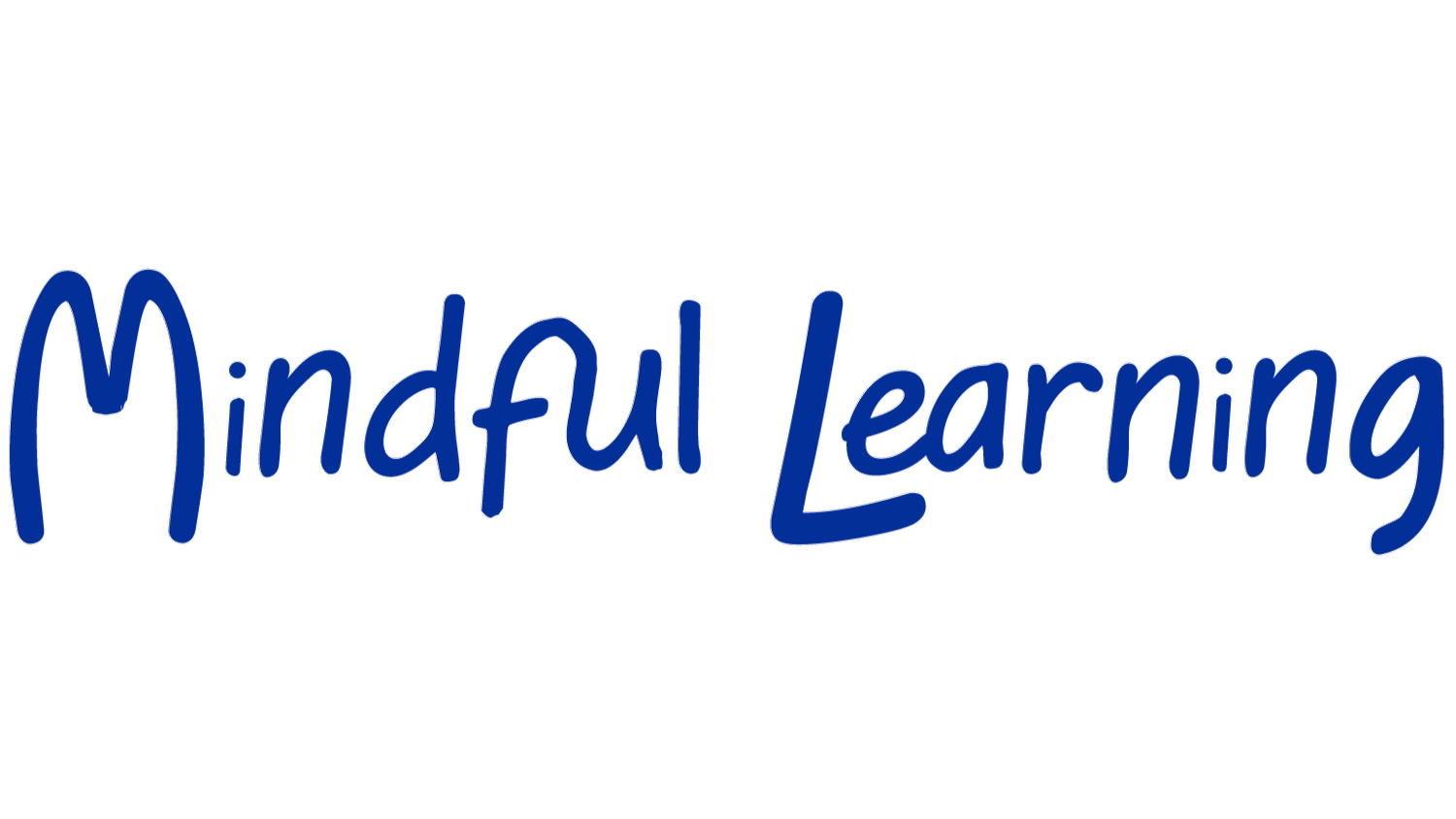How to Support a Curious Mind at Home (Without Overwhelming Them)
Curiosity is one of the greatest gifts a child can have. It’s what drives discovery, builds problem-solving skills, and transforms everyday experiences into learning moments. But for parents of highly curious or advanced learners, that same curiosity can sometimes feel like an endless engine — full of “why’s,” “what if’s,” and “how come’s” that never quite stop.
At Mindful Learning Group, we often remind families that curiosity isn’t something to control — it’s something to guide. The key is helping your child explore their world without turning their wonder into worry.
Recognize Curiosity as a Strength
Curiosity fuels creativity, confidence, and critical thinking. When children ask questions constantly or dive deeply into one topic for weeks, it’s a sign their brains are making connections.
Instead of trying to keep up with every question, try this: acknowledge their wonder and turn it back to them. Ask, “What do you think?” or “How could we find out together?” This approach teaches independence and shows that curiosity is something to be shared, not managed.
Remember — it’s not about having all the answers; it’s about keeping the conversation alive.
Create a Calm Learning Environment
Curious children need both stimulation and stillness. A peaceful environment helps balance their busy minds.
Designate a calm space at home — it doesn’t have to be fancy. A quiet corner, a cozy reading nook, or even a desk with minimal clutter can give their thoughts a place to rest.
Introduce moments of stillness through reading, journaling, or gentle breathing exercises. This helps children learn that curiosity doesn’t always mean doing more — sometimes it’s about noticing more.
Guide, Don’t Overload
One of the most common challenges for parents of gifted or curious children is the urge to keep feeding their hunger for learning — more books, more classes, more enrichment. While opportunity is wonderful, too much can create fatigue or anxiety.
Follow your child’s rhythm. Ask what excites them right now and go deeper rather than wider. A single topic explored meaningfully can teach patience, focus, and reflection far better than racing through many.
When in doubt, let curiosity lead. Your role is to guide, not accelerate.
Encourage Reflection and Rest
Curiosity isn’t just about the next question — it’s also about understanding the last one. Encourage your child to slow down and think about what they’ve learned.
Reflection can happen through art, journaling, or simply sharing a story at dinner. Ask open-ended questions like:
• “What surprised you most about what you learned today?”
• “What do you want to explore next?”
These gentle prompts help children integrate knowledge and feel calm rather than rushed.
A curious mind is a gift that, when nurtured with balance, can grow into a lifelong love of learning. Support doesn’t mean adding more — it means creating space for depth, discovery, and joy.
At Mindful Learning Group, we help families channel curiosity into meaningful learning experiences — where the mind stays active, and the heart stays grounded.
👉 Book a free consultation with Dr. Annie at Mindful Learning Group to explore how we can help your child grow with curiosity, calm, and confidence.
